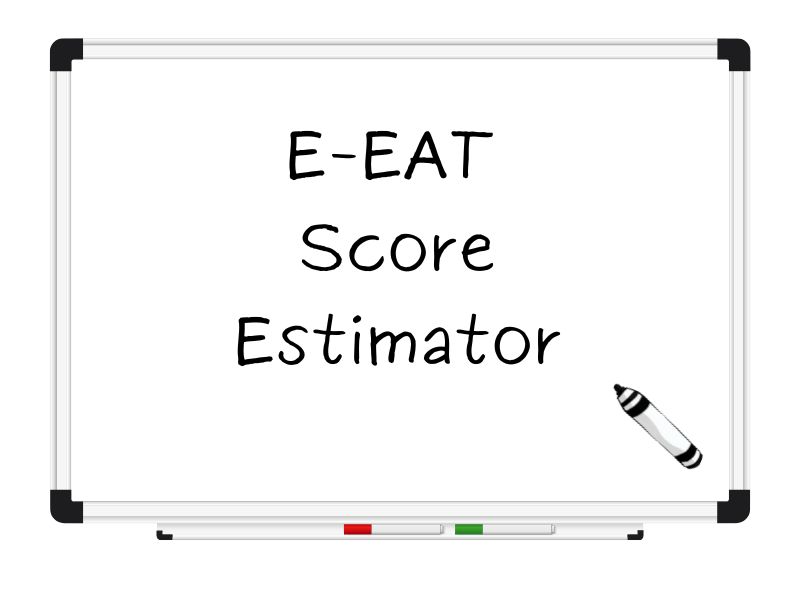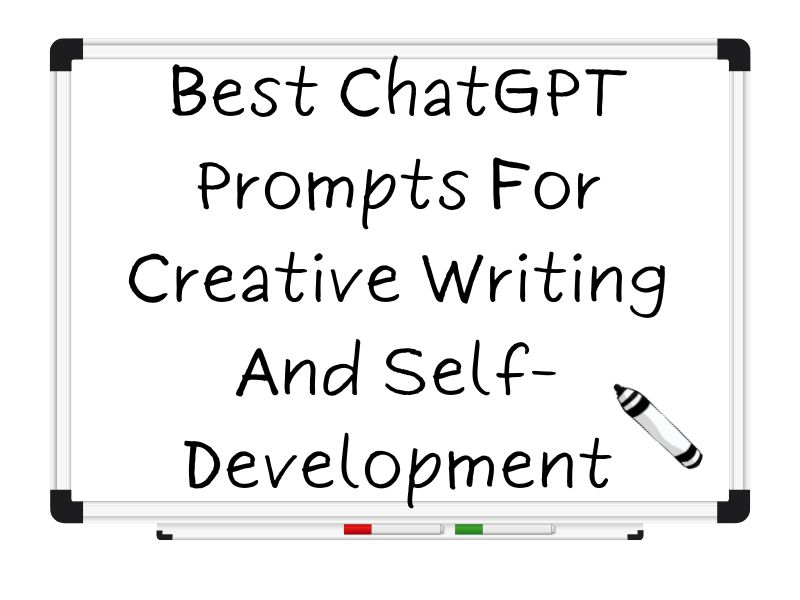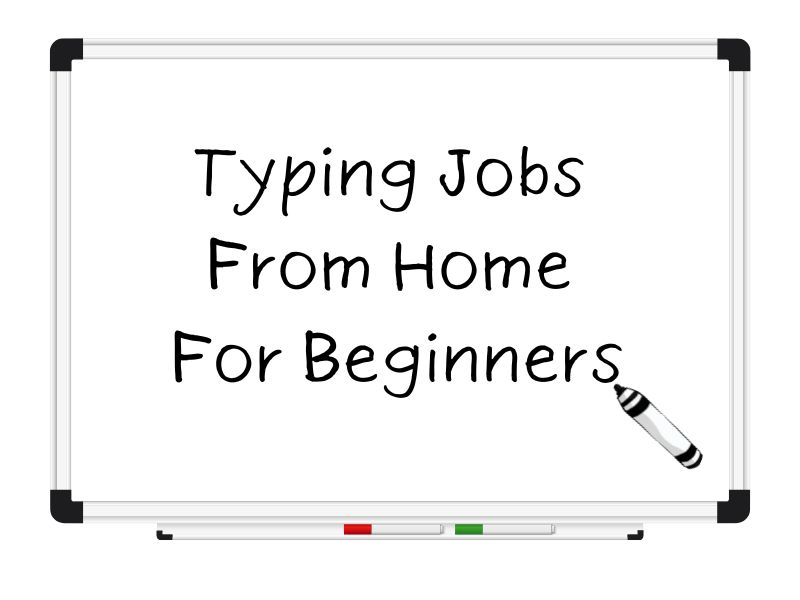Fill in the below E-EAT Score Estimator to get your E-EAT score and see areas that need improvement.

E-EAT Self Assessment
E-EAT (Expertise, Authoritativeness, Trustworthiness) is a set of guidelines established by Google to assess the quality and reliability of web content. This guide summarizes the most important tips for an average blogger to improve their site’s E-EAT based on insights from leading SEO expert Kyle Roof as well as referenced videos:
- Kyle Roof Shares Exactly What Affiliate Site Owners Need To Be Doing For E-A-T
- What You Heard About EAT Is All Wrong Kyle Roof Explains The Truth
- Kyle Roof Reveals 2023 E-E-A-T Secrets (Ep. 304)
Implementing these best practices can help bloggers establish greater trust and authority, which Google relies on to determine search rankings and visibility. A stronger E-EAT profile leads to improved standing in Google’s eyes.
The rest of the guide provides actionable tips across the main E-EAT components: Trust, Expertise, Authority, and Experience. Following the outlined steps will help any blogger enhance their site’s E-EAT.
Build Trust
Trust is the core of E-EAT. If your content is not trustworthy, nothing else matters. Some key ways to build trust:
- Have a real business behind your site. Your site should clearly belong to a real company with a real address.
- Get a proper business address and local phone number. Don’t use your home address.
- Have multiple email addresses for different departments (sales, support etc.)
- Prove you are a real website. Have essential pages like Privacy Policy, Terms & Conditions, About Us, Contact etc.
- Show real people behind content. Introduce your team/authors on an About Us page. Give authors bio pages.
Demonstrate Expertise
Expertise refers to the skills, credentials and knowledge of the content creator. Some tips:
- Avoid generic personas. Establish authors as real people, not fictional entities.
- Link to credible profiles. Link from author bio pages to LinkedIn, Wikipedia etc.
- Show credentials. List author qualifications, awards, certifications on their bio pages.
Establish Authority
Authority relates to the website being seen as the go-to source on a topic. Do this by:
- Answer all questions on your topic – aim for topical authority.
- Rank for those answers – just writing isn’t enough.
- Cover the breadth of your niche – have related content.
- Allow user comments – shows readers trust you as an authority.
Prove Experience
Experience shows first-hand knowledge of a topic. Some ways to highlight it:
- Use words indicating hands-on experience – “When I tested…”, “After using this product…”
- Compare to previous models/versions you have used.
- Frame reviews from personal experience perspective.
Other Tips
- Add editorial guidelines page explaining your review process.
- Use proper schema markup like Organization, Person, Product etc.
- Submit an HTML sitemap to help indexing of important pages.
- Check out the Google Quality Rater Guidelines for more insights.
By following these key tips, an average blogger should be able to better establish trust, authority, expertise and experience on their site. This will lead to improvements in E-EAT and search performance.



